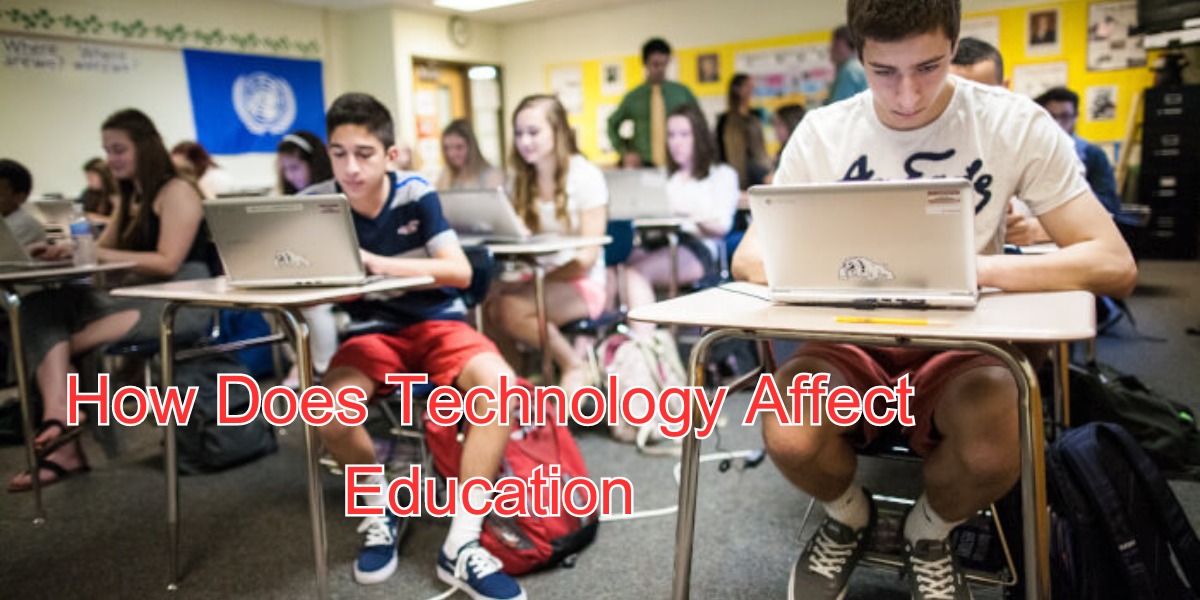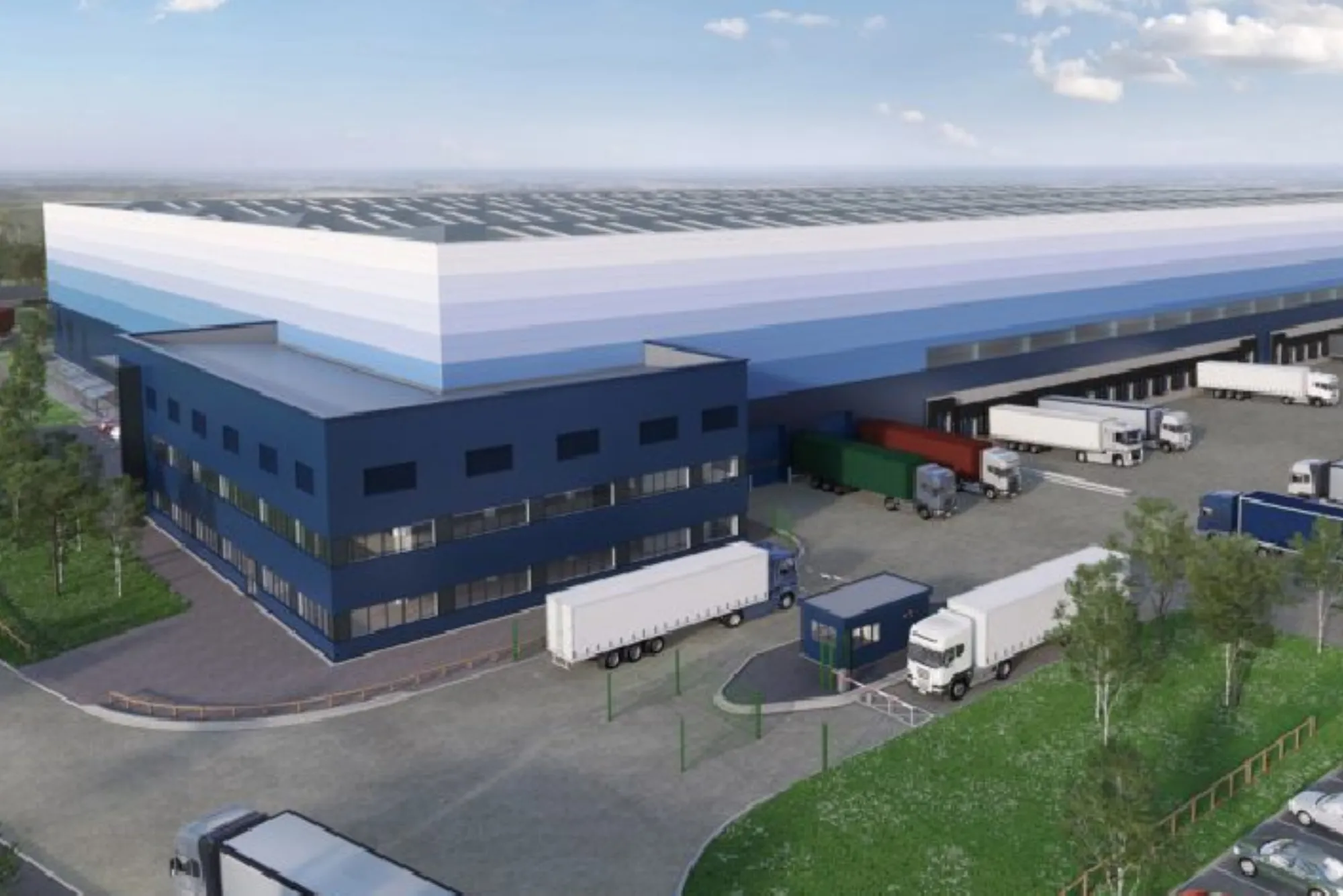How Does Technology Affect Education
In the 21st century, technology has revolutionized education, altering traditional teaching methods and student learning experiences. From virtual classrooms to interactive tools, let’s delve into the intricate ways technology influences the educational landscape.
The Rise of Digital Learning
Advancements like e-learning platforms and educational apps have paved the way for flexible learning. Students can access resources anywhere, promoting self-paced learning and catering to diverse learning styles.
Interactive Classroom Technologies
Smartboards, virtual labs, and collaborative tools foster engagement. Teachers leverage these
technologies to create dynamic lessons, encouraging active participation and enhancing the overall learning experience.
Challenges in Implementation
Digital Divide: Inequalities in Access
While technology offers vast opportunities, the digital divide persists. Socioeconomic factors impact access, potentially exacerbating educational disparities.
Overreliance and Distractions
The influx of gadgets can lead to distractions and an overreliance on technology. Maintaining a balance is crucial to prevent detriments to focus and critical thinking skills.

Impact on Teaching Methods
Personalized Learning
Technology enables personalized learning paths, catering to individual student needs. Adaptive learning platforms adjust content based on performance, fostering a tailored educational experience.
Global Collaboration
Educators can connect globally, facilitating collaboration and knowledge exchange. Virtual classrooms break down geographical barriers, offering a diverse and enriching educational environment.
Preparing Students for the Future
Digital Literacy and 21st-Century Skills
As technology becomes integral to society, cultivating digital literacy and 21st-century skills is crucial. Educational institutions play a pivotal role in preparing students for the evolving job market.
In conclusion, technology’s impact on education is profound, shaping the way students learn and teachers instruct. While challenges exist, the potential benefits, when harnessed effectively, contribute to a more dynamic and inclusive educational landscape.
Molecular Corrosion Technologies
Molecular corrosion technologies represent a cutting-edge approach to combating the degradation of materials due to corrosive processes at the molecular level. By leveraging advanced techniques and materials, these technologies offer innovative solutions to extend the lifespan of structures, reduce maintenance costs, and address the challenges posed by corrosive environments. Through the precise understanding and manipulation of molecular interactions, these technologies pave the way for more resilient and durable materials, revolutionizing corrosion prevention across various industries.











